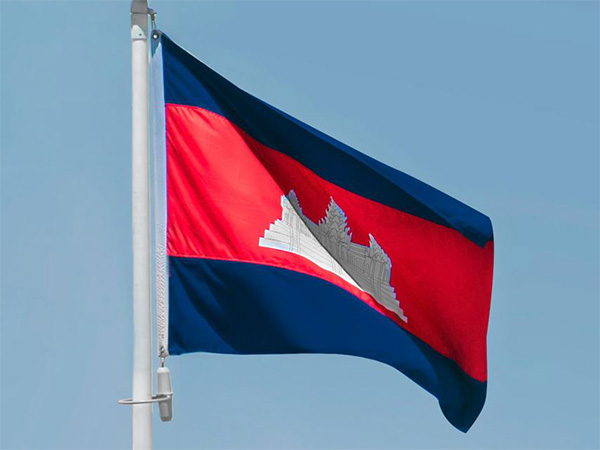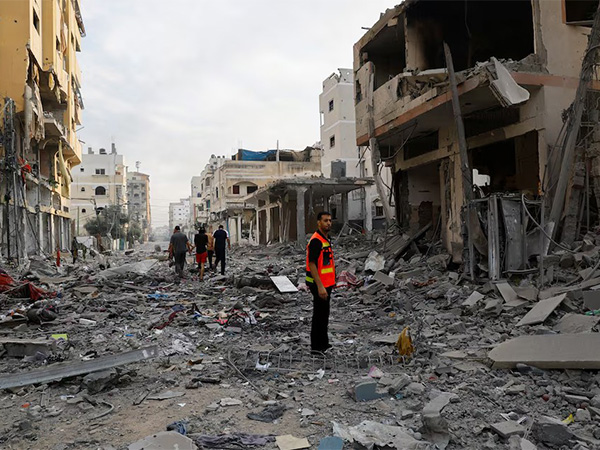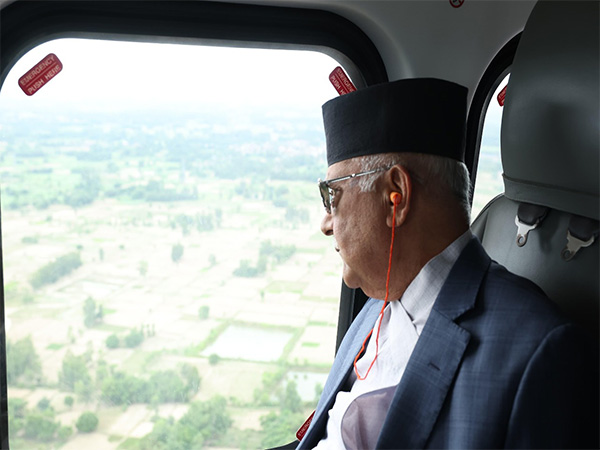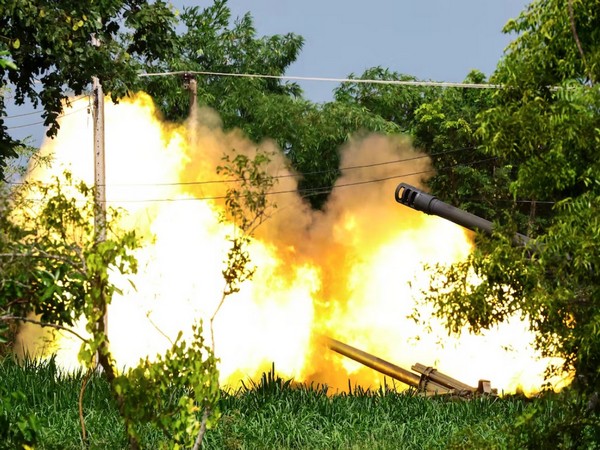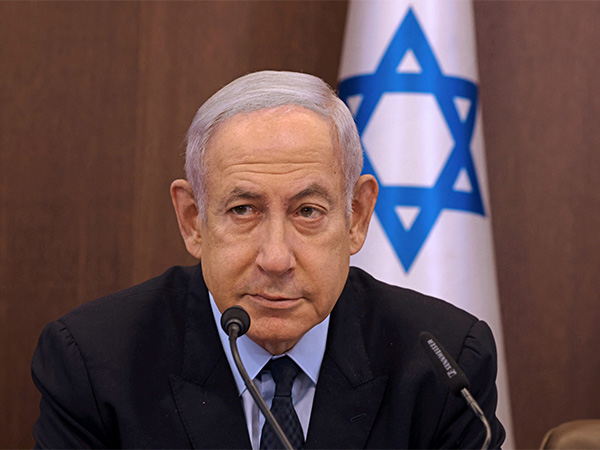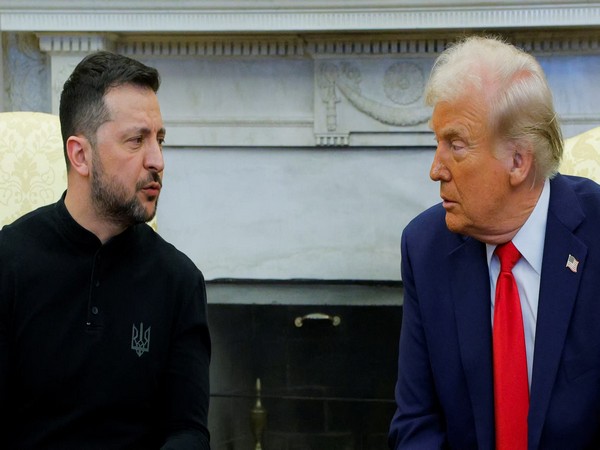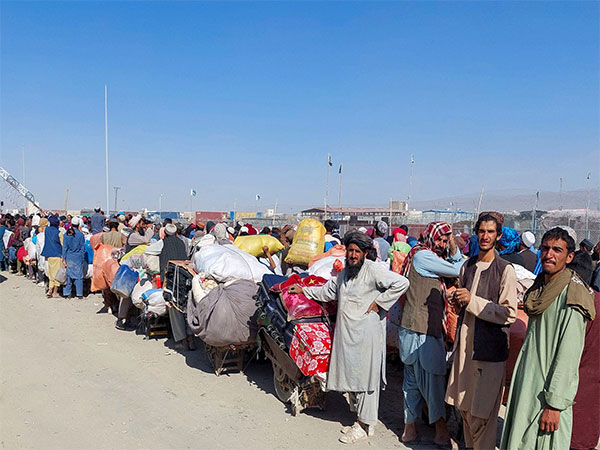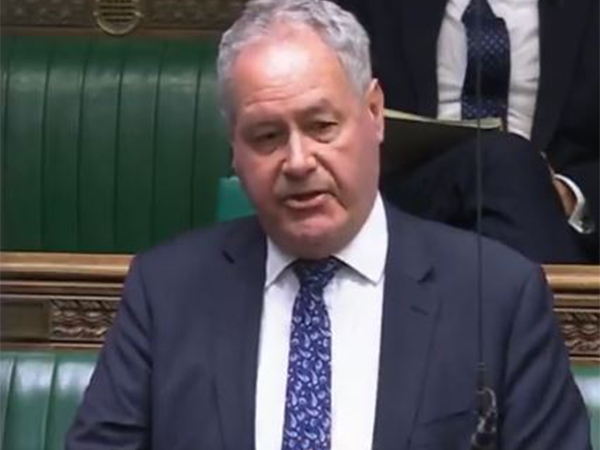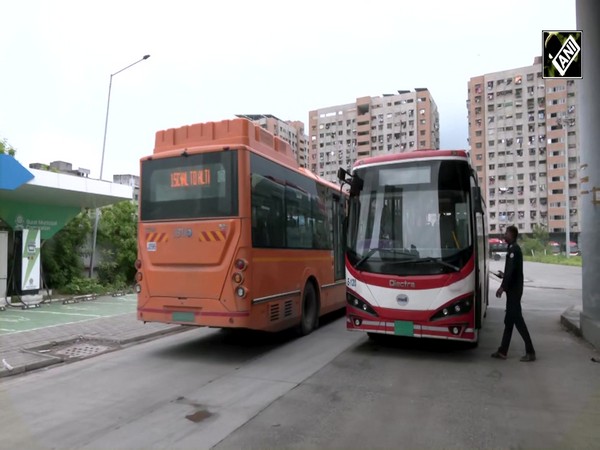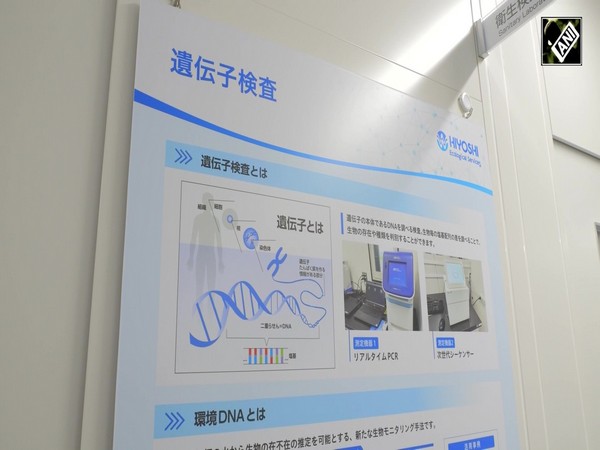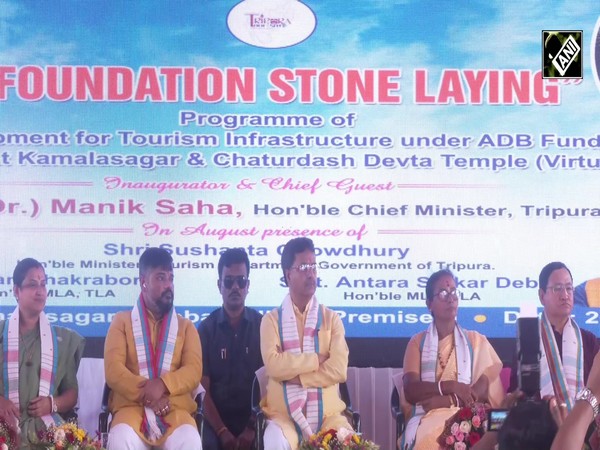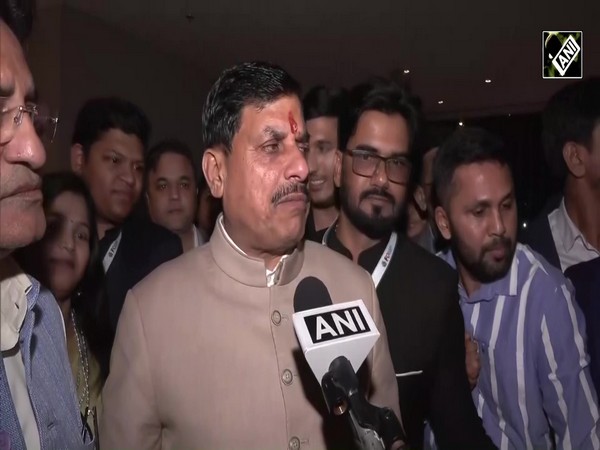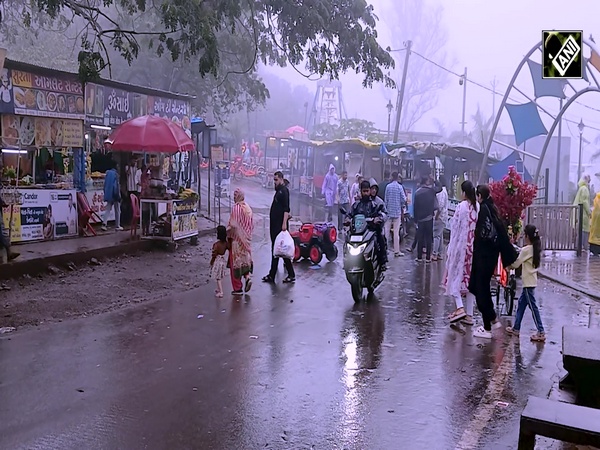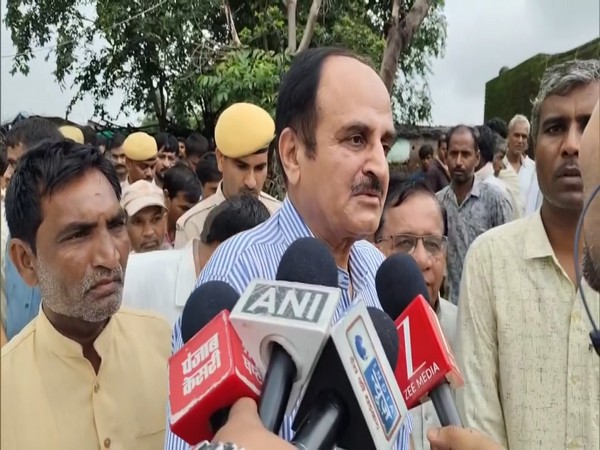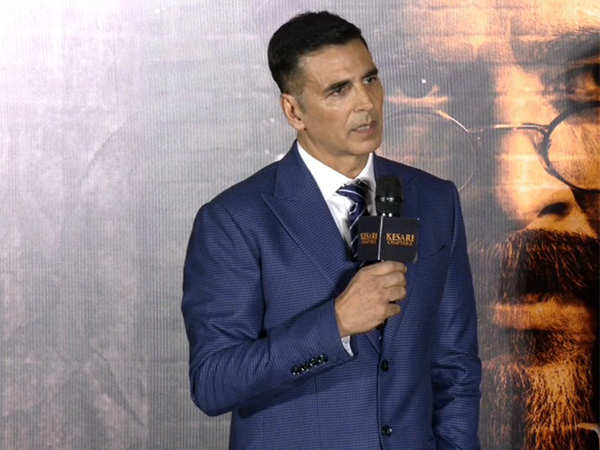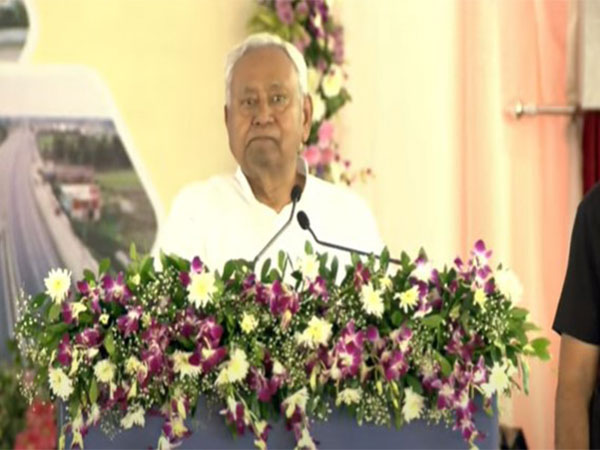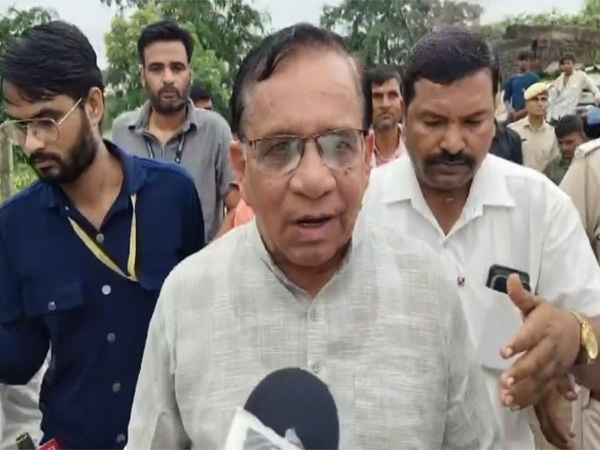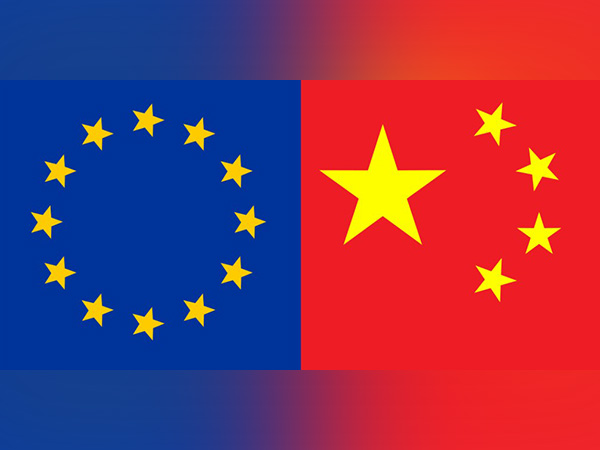
At 50-year diplomatic milestone, EU slams China's repression in Tibet, cites Dalai Lama succession interference
Jul 25, 2025
Brussels [Belgium], July 25 : At the 25th EU-China Summit held in Beijing on July 24, 2025, the European Union raised strong concerns regarding the worsening human rights situation in Tibet, marking yet another clear signal that Tibet remains a key point of contention in EU-China relations, the Central Tibetan Administration (CTA) reported.
The summit, which also commemorated 50 years of EU-China diplomatic ties, brought together top-level leaders, including European Council President Antonio Costa, European Commission President Ursula von der Leyen, EU High Representative Kaja Kallas, and Chinese President Xi Jinping. Despite a focus on a range of bilateral and global issues, the EU ensured that Tibet remained firmly on the agenda, citing systemic rights abuses and interference in religious freedoms.
According to the CTA, the EU referenced its June 2025 Human Rights Dialogue in Brussels, where it had already expressed concerns about China's actions in Tibet, particularly the CCP's interference in the succession of His Holiness the Dalai Lama. The EU underscored that this spiritual process must be determined solely by Tibetan Buddhist traditions, free from political manipulation.
In the July 24 summit, the EU also highlighted the repression of Tibetan human rights defenders and the widespread curtailment of freedoms of expression, religion, and movement across Tibet. Specific individual cases involving detained or disappeared Tibetan figures were also raised, reinforcing the EU's position that such violations must cease.
The CTA reported that while the summit was framed by diplomatic gestures, the inclusion of Tibet once again illustrated the persistence of moral and political divides between Brussels and Beijing. Representative Rigzin Genkhang of the Office of Tibet in Brussels welcomed the attention, noting, "This acknowledgement is important, but we must now push for concrete benchmarks to ensure accountability."
The CTA emphasised that the EU's continued engagement on Tibetan issues is a critical tool for amplifying Tibetan voices on the international stage, especially as China tightens its grip inside occupied Tibet. The organisation urged EU leaders to transform their statements into sustained policy action.
